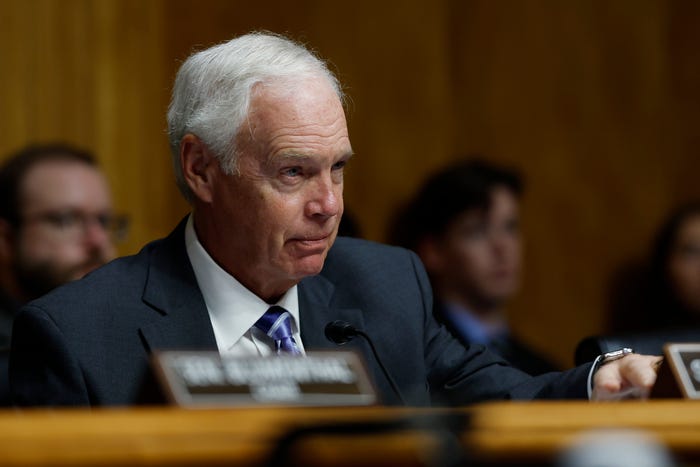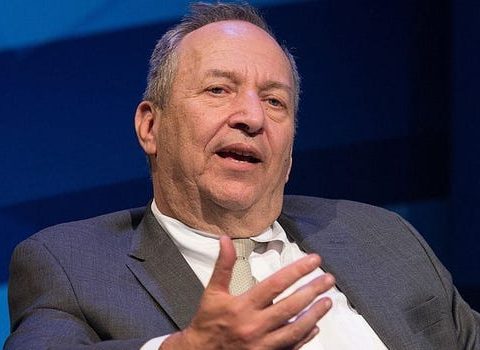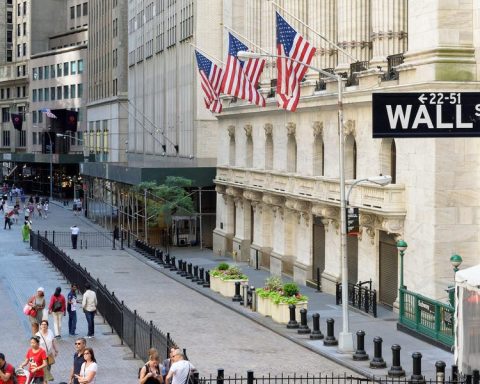President Donald Trump disrupted relations with one of the United States’ closest allies and trading partners by suggesting the annexation of Canada and threatening punitive tariffs on various imports from its northern neighbor. This deterioration in relations may jeopardize a significant influx of investment into U.S. commercial real estate.
Since 2015, Canadian investors have amassed around $184 billion in U.S. multifamily dwellings, office buildings, retail spaces, industrial warehouses, and other commercial properties, per data from the investment research firm MSCI. This figure outstrips that of any other foreign investor.
Concerns are rising that Canadian buyers, including some of the world’s wealthiest pension funds, might slow down or even delay participating in U.S. real estate transactions. Mark Rose, CEO of Avison Young, a commercial real estate services firm based in Toronto, noted, “There are Canadian clients who are very upset, and their first reaction is if the U.S. can do this to a friend, then we’re not going to invest.” He added, “I don’t think Canadian investors are rushing to close deals in the U.S. today.”
Gunnar Branson, CEO of the Association of Foreign Investors in Real Estate, expressed during a February conference that he had “never seen so many angry Canadians before.” He remarked, “If you’re a cross-border investor, the U.S. has been a lower political risk jurisdiction,” noting that risk managers are now reassessing their positions.
Branson further stated that foreign investment has already been adversely affected in recent years due to a sluggish sales market driven by elevated interest rates and uncertain valuations. However, the outlook appeared to brighten recently, as expectations rose for declines in interest rates and a consequent uptick in deal activity that could rejuvenate U.S. acquisitions.
The real estate services firm CBRE found that international buyers invested $37 billion in the latter half of 2024, marking a 31% increase compared to the same timeframe a year earlier. Canada led foreign investments with approximately $4 billion worth of deals, more than doubling the investments from the next closest nation, the U.K., which invested $1.62 billion in U.S. property.
That resurgence could now be at risk.
“There is certainly a pause going on,” Branson noted, reflecting on both Canadian and broader foreign investments. CBRE predicted an 8% growth in foreign investments in U.S. properties in 2025 but warned that “downside risks remain, particularly due to elevated long-term bond yields, potential tariffs, and geopolitical uncertainties.”
Major Canadian Funds Could Diversify
Prominent Canadian pension funds have been key players in acquiring valuable U.S. commercial assets. For instance, Oxford Properties, a subsidiary of the roughly $100 billion Ontario Municipal Employees Retirement System, is a partner in Hudson Yards, a major real estate megaproject in Manhattan.
Caisse de dépôt et placement du Québec, a pension manager supervising nearly $340 billion, holds several significant real estate investments, including the 3 Bryant Park office tower and a majority stake in 1211 Avenue of the Americas.
The arrival of President Trump and his administration has disrupted the global commerce and trade order—and potentially the investment pipeline. In March, the U.S. imposed a 25% tariff on Canadian goods and energy not protected under North American free trade agreements, including on steel and aluminum.
In addition to these tariffs, Trump has aggravated Canadians by hinting that he views Canada as merely a satellite state of the U.S. During a press conference, he remarked, “Canada only works as a state” of the U.S.
Canada’s Prime Minister, Mark Carney, responded in late March by saying the country “will need to dramatically reduce our reliance on the United States” and that Canada would seek to “pivot our trade relationships elsewhere.”
Experts believe that this souring relationship has influenced investors’ decision-making. As Rose of Avison Young explained, “Do the comments coming out of Washington impact real estate trading? Yes, it does.” He noted that his company’s Canadian executives were upset by Trump’s rhetoric and the change in U.S. economic stance, prompting him to release a public statement expressing concern over the impact of U.S. actions on its neighbor to the north. Rose emphasized, “We are here to support our people in North America, all our clients in North America, no matter what side you come down on.”
Europe Emerges as an Alternative
Some indications suggest that investors may be diverting their focus from the U.S. David Steinbach, global chief investment officer at Hines, reported a surge of interest in European investment funds managed by his firm. He noted an increase in discussions about European funds and investments, indicating that Hines is now seeking additional capital for open-ended funds focused on the continent.
Steinbach stated, “We do have an unprecedented amount of dry powder for Europe right now,” and reflected on a shift in sentiment saying, “It’s going to be a bit more balanced than I originally thought,” as interest in European deals rises.
Aaron Bennett, Chief Investment Officer of the University Pension Plan, which oversees about $8 billion benefiting Ontario-area college faculty and staff, shared his belief that while the U.S. would likely regain its status as a go-to destination for global investments in due course, trade barriers and the negative economic outlook for the U.S. are making other markets more appealing. “The opportunity for diversification in other markets like Europe and others, which was interesting before, becomes more interesting,” Bennett stated.
On Wednesday, Trump further escalated the global trade reordering by unveiling sweeping tariffs against numerous nations.
U.S. Real Estate Remains Attractive
Nonetheless, there are compelling reasons to suggest that global investment in U.S. real estate, which would not be directly impacted by trade barriers, may continue to thrive, even amidst potential economic backlash and retaliation against U.S. policies. Dirk Aulabaugh, head of Green Street’s advisory services, commented, “Does that mean the U.S. is going to get blacklisted? The answer is absolutely not. The U.S. still has the best growth. We still have the most transparency. We still have the most stable government.”
Sam Tenenbaum, head of multifamily insights at Cushman & Wakefield, mentioned that a Canadian investment firm was contemplating a U.S. acquisition, expressing frustration over the international tensions but indicating a willingness to pursue the deal if it made financial sense. “They’re not happy about it,” Tenenbaum noted, “but I wouldn’t characterize it as affecting their investment decisions.”











